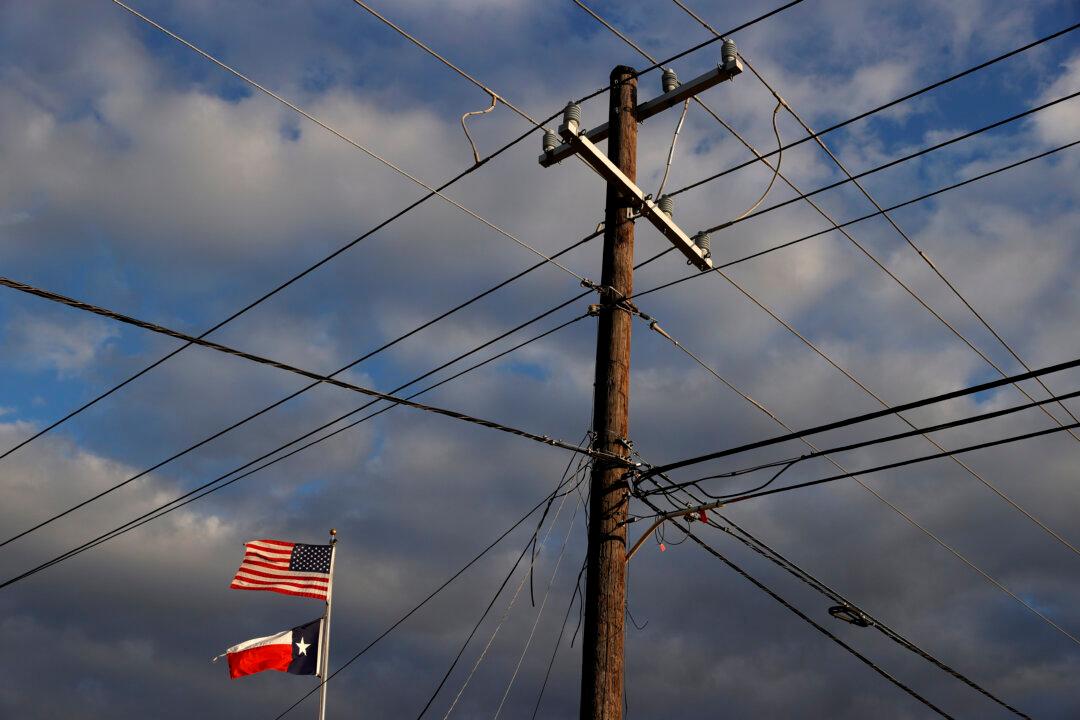The widespread blackouts across Texas serve as an early warning sign about the kind of destabilization that might occur if the country tries to move away from fossil fuels, according to a legal scholar.
The more the country tries to make wind and solar a primary power source, the more likely it is for mishaps to happen since renewable energy is generally less reliable, said Richard Epstein, a senior fellow at the Hoover Institution and a law professor at New York University Law School.





